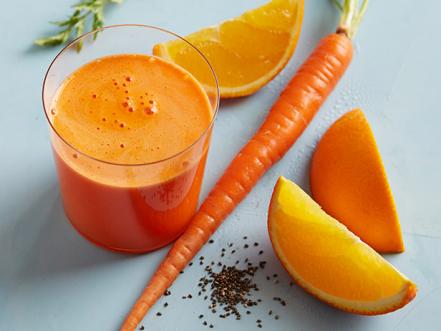In the quest for optimal oral health, individuals often turn to various methods ranging from traditional practices like brushing and flossing to modern solutions such as mouthwash. However, emerging research suggests that the key to a healthier mouth might lie not in bottles of mouthwash but rather on our plates, specifically in leafy greens. This essay explores the potential benefits of consuming leafy greens over using mouthwash for maintaining oral health.
Understanding Oral Health:
Before delving into the comparative benefits of leafy greens and mouthwash, it’s essential to comprehend what constitutes good oral health. Oral health encompasses the condition of one’s teeth, gums, and overall oral cavity. Maintaining oral hygiene is crucial not only for preventing dental issues like cavities and gum disease but also for promoting general well-being.
The Role of Mouthwash:
Mouthwash has long been marketed as a solution for freshening breath and killing bacteria in the mouth. Many varieties contain active ingredients such as chlorhexidine, cetylpyridinium chloride, or essential oils like menthol and eucalyptol, which are believed to combat oral bacteria. While mouthwash can provide temporary relief from bad breath and potentially reduce bacteria, its efficacy in promoting long-term oral health remains debated.
The Power of Leafy Greens:
Leafy greens, on the other hand, offer a natural approach to oral health. These nutrient-rich vegetables, including spinach, kale, and Swiss chard, are packed with essential vitamins and minerals such as calcium, vitamin C, and folic acid. These nutrients play vital roles in maintaining strong teeth and gums while supporting overall oral health.
Strengthening Teeth: Leafy greens are excellent sources of calcium, a mineral essential for building and maintaining strong teeth. Incorporating calcium-rich foods into one’s diet helps fortify tooth enamel, the protective outer layer of the teeth, thereby reducing the risk of cavities and tooth decay.
Gum Health: Vitamin C, abundant in leafy greens, is crucial for gum health. It supports collagen production, which is vital for keeping gums strong and resilient. Additionally, vitamin C has antioxidant properties that help combat inflammation and protect against periodontal disease, a severe gum infection that can lead to tooth loss if left untreated.
Folic Acid Benefits: Leafy greens are among the best dietary sources of folic acid, also known as vitamin B9. Folic acid plays a role in cell growth and repair, including the cells lining the inside of the mouth. Adequate folic acid intake may help prevent oral conditions like gingivitis and stomatitis while promoting overall oral tissue health.
Comparative Analysis:
Now, let’s compare the potential benefits of consuming leafy greens versus using mouthwash for oral health:
Effectiveness: While mouthwash offers immediate antibacterial action, its effects may be short-lived, especially if not used consistently. On the other hand, incorporating leafy greens into one’s diet provides ongoing benefits for oral health, including strengthening teeth and supporting gum health in the long term.
Nutritional Value: Leafy greens offer a wide array of essential nutrients beneficial for oral health, including calcium, vitamin C, and folic acid. In contrast, most commercial mouthwashes contain artificial ingredients and may lack the nutritional value necessary for maintaining overall oral health.
Cost and Accessibility: Leafy greens are readily available in grocery stores and farmer’s markets year-round and are generally more affordable than specialty mouthwashes. Moreover, incorporating leafy greens into meals is a sustainable and cost-effective way to promote oral health for individuals of all ages.
Conclusion:
While mouthwash has its place in oral hygiene routines, its efficacy in promoting long-term oral health is questionable. On the contrary, consuming leafy greens offers a natural and nutritious approach to supporting oral health from the inside out. By incorporating these nutrient-rich vegetables into their diets, individuals can strengthen their teeth, promote gum health, and enhance overall oral well-being. Ultimately, the choice between leafy greens and mouthwash boils down to adopting holistic oral care practices that prioritize nutrition and sustainability for a healthier smile.



